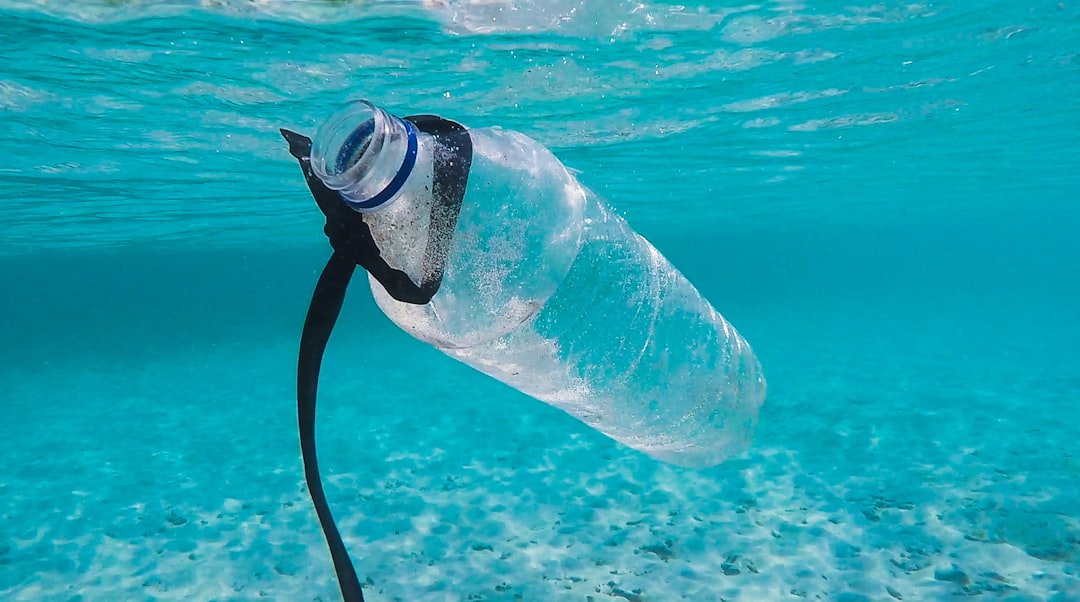Countries That Will Face the Worst of Global Warming
The average temperature of our planet is rising at an alarming rate, a phenomenon known as global warming. As of my last update, 2023 has already been marked as one of the hottest years on record. The impact of climate change varies significantly by region, with developing countries often facing the harshest consequences due to poverty and inadequate infrastructure.
Extreme weather events worldwide complicate the ability to measure climate change accurately, but certain countries are particularly vulnerable. Here, we explore three nations that will face the worst effects of global warming.
The Maldives
Famous for its stunning natural beauty and tourism, the Maldives is one of the world’s lowest-lying countries. Rising sea levels threaten to submerge this island nation within the next few decades. Reports indicate that parts of the Maldives are experiencing significant beach erosion, coral bleaching, and increasingly violent storms.
While the government once considered purchasing land in India and Sri Lanka for relocation, plans shifted with changing administrations. Instead, the Maldives aims to become a carbon-neutral economy and is actively pursuing a National Adaptation Program to address these pressing challenges.
Kiribati
Situated between Hawaii and Australia, Kiribati is renowned for its exceptional fishing and seabird wildlife. Spanning approximately 313 square miles, it is home to around 116,000 people. Since 1992, sea levels have been steadily rising here, with an annual increase of about 0.07 to 0.6 inches. Communities are increasingly forced to relocate to the larger islands.
Despite efforts like mangrove planting and building sea walls, these measures seem inadequate, as the islands sit only about six feet above sea level. The government has purchased 6,000 acres of land in Fiji for potential relocation, anticipating that Kiribati may become uninhabitable by 2100.
Tuvalu
Tuvalu is one of the world’s smallest and poorest nations, covering just 10 square miles and housing a population of around 10,000. Global warming has led to rising sea levels and increased soil salinity, rendering much of the land unsuitable for agriculture. Reports of erosion and flooding are frequent, with projections suggesting Tuvalu will be uninhabitable by 2050.
Many residents are already seeking refuge abroad, with some being the first to gain nationality in New Zealand due to climate change impacts. As native land becomes increasingly unviable, the situation is becoming more dire.
A Bleak Future
If global warming continues unchecked, the outlook is grim. Beautiful landscapes may vanish beneath the waves, forcing people to relocate and leading to widespread ecological collapse. Animals will suffer, lands will become barren, and natural disasters could become a daily reality.
However, there is still hope. By making timely efforts to protect our glaciers, restore the ozone layer, and reduce greenhouse gas emissions, we can make a significant impact. Together, we can work to save these vulnerable nations and protect countless lives.






